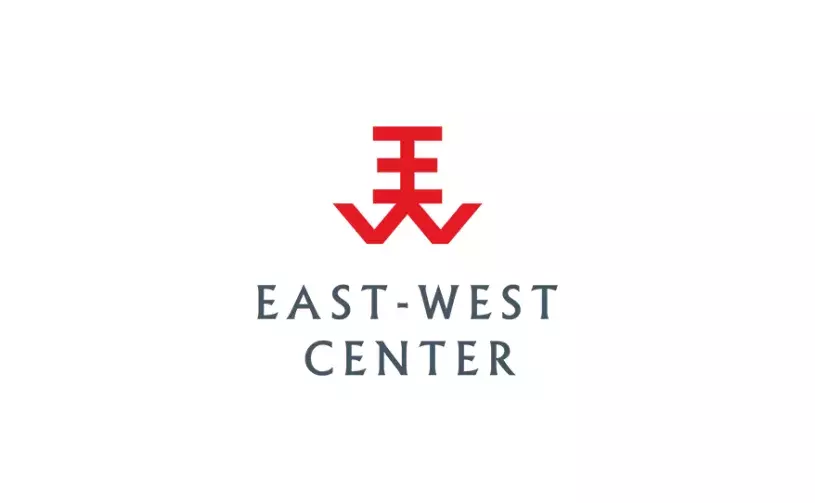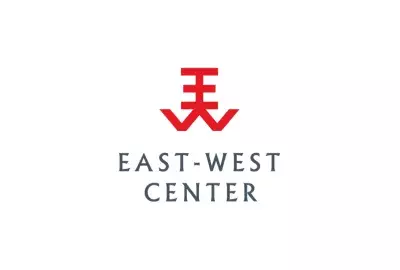Error message

This paper first examines the extent of cost and profit inefficiencies of the Philippine credit cooperative system using stochastic frontier analysis (SFA). Then, it looks into the effects of certain variables on the cost and profit efficiencies of credit cooperatives. Three groups of correlates of inefficiency were used: market characteristics, agency costs and gender governance. Results suggest that market conditions can explain to a certain extent the differences in the efficiency among credit cooperatives. However, the correlates of agency costs do not have a clear-cut effect on the efficiency of credit cooperatives. What is more significant though in this study is the effect on efficiency of women participation in the governance of credit cooperatives. The correlates of gender governance indicate that empowering women not only through enhancing their access to credit but also through increasing their participation in shaping policies can improve the efficiency of credit cooperatives. Results seem to suggest that credit cooperatives that are managed predominantly by women would likely pursue greater cost efficiency than profit efficiency.
This paper first examines the extent of cost and profit inefficiencies of the Philippine credit cooperative system using stochastic frontier analysis (SFA). Then, it looks into the effects of certain variables on the cost and profit efficiencies of credit cooperatives. Three groups of correlates of inefficiency were used: market characteristics, agency costs and gender governance. Results suggest that market conditions can explain to a certain extent the differences in the efficiency among credit cooperatives. However, the correlates of agency costs do not have a clear-cut effect on the efficiency of credit cooperatives. What is more significant though in this study is the effect on efficiency of women participation in the governance of credit cooperatives. The correlates of gender governance indicate that empowering women not only through enhancing their access to credit but also through increasing their participation in shaping policies can improve the efficiency of credit cooperatives. Results seem to suggest that credit cooperatives that are managed predominantly by women would likely pursue greater cost efficiency than profit efficiency.
East-West Center Working Papers, International Graduate Student Conference Series





